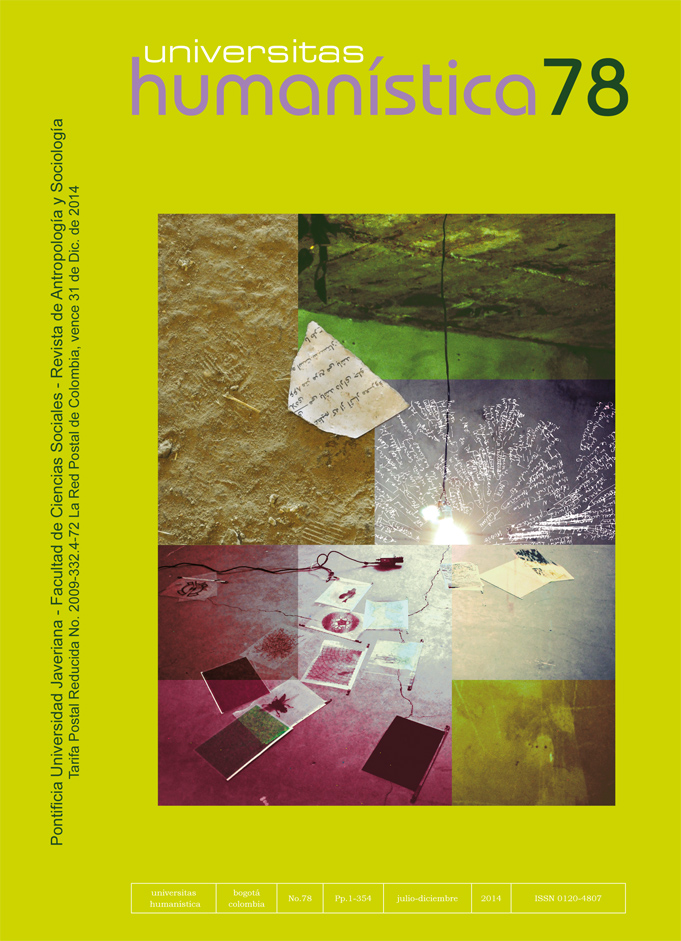Resumo
O artigo investiga a relação entre gênero e cinema como uma contribuição para os estudos darepresentação no campo da pesquisa social. Em primeiro lugar, expõem-se as características básicasda cultura visual na sociedade global atendendo os modos de pensar a identidade e o gênero nessecontexto geral e atual. Em segundo lugar, são revistos os vínculos históricos entre feminismos e cinema,e entre estudos de gênero e cinema enfatizando na perspectiva teórica de Teresa de Lauretis. Emterceiro lugar, postula-se o uso do filme no processo de pesquisa social a partir de uma experiênciaque –sobre a base de construir um olhar analítico no eixo cine/ gênero/ sociedade– perseguiu oobjetivo de identificar, conhecer e interpretar as mudanças na identidade feminina em Coréia desdeos sentidos e significados que o espaço cinematográfico condensa.Este trabalho conclui destacando a produtividade e a relevância de entrecruzar os estudos de gênero eos estudos sobre cinema no atual campo problemático das Ciências Sociais, profundamente marcadopor uma diversidade de objetos/sujeitos de estudo e de ‘novos’ enfoques epistemológicos, teóricos e metodológicos.
A revista Universitas Humanística encontra-se registada sob a licencia Creative Commons Versão 4.0 Internacional. Portanto, esta obra pode se reproduzir, distribuir e comunicar publicamente em formato digital, sempre que dado o crédito apropriado para os autores e a Pontificia Universidad Javeriana. Permite-se citar, adaptar, remixar, transformar, autoarquivar, republicar e criar a partir do material, para qualquer fim, mesmo que comercial, sempre que indicado apropriadamente o nome do criador, provido um link para a obra original e indicado se mudanças foram feitas. A Pontificia Universidad Javeriana não retém os direitos sobre as obras publicadas e os conteúdos são responsabilidade exclusiva dos autores, os quais conservam seus direitos morais, intelectuais, de privacidade e publicidade.
O aval sobre a intervenção da obra (revisão, correção, edição, tradução, formatação) e a subsequente difusão disponibiliza-se através de licença de uso e não através de transmissão de direitos, o que representa que a revista e a Pontificia Universidad Javeriana são isentas de qualquer responsabilidade que puder se derivar de uma prática ética pobre por parte dos autores. Em consequência da proteção fornecida pela licença de uso, a revista não fica na obrigação de publicar retratações ou alterar informações já publicadas, a não ser que a errata seja decorrente do processo de gestão editorial. A publicação de conteúdos nesta revista não representa royalties para os contribuintes.


